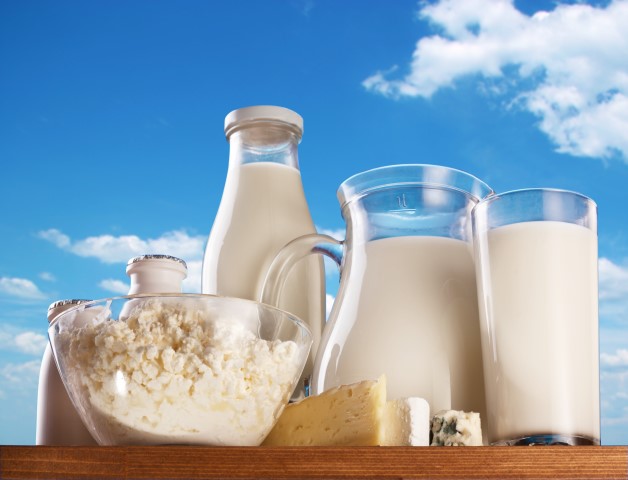A Canadian farming consultant has told AgriLand that the Irish dairy industry will, in all likelihood, be the big winner out of the recent trade deal agreed between Canada and the EU.
“I am aware that many of the EU’s farming bodies have highlighted their concerns regarding Canadain beef accessing EU markets,” added Ontario-based Jay Johnston.
“But in all truth this will not happen. EU health regulations state that only meat from plants that process ‘hormone free’ beef only will be allowed into Europe.
“Plants of this nature do not exist in Canada and I cannot envisage processers setting up stand-alone plants just to gain them access to the European market.
“As it turns out the real losers from the trade deal will be Canadian milk producers. It is my understanding that Europe will gain significantly enhanced access to the Canadian market with a wide range of dairy products.
“Canada has one of the strongest dairy markets in the world. This reflects the current quota situation in the country and the extremely high costs incurred in producing milk, given the fact that there is a strict limit on the amount of dairy products that can be produced annually within Canada.”
Johnston continued: “I firmly believed that the Irish dairy industry will be extremely well placed to avail of the new exporting opportunities that will open up with Canada during the period ahead.
“Ireland enjoys an extremely strong reputation regarding the quality of the dairy products it exports around the world.”
Commenting more generally about the winners and losers regarding trade deal struck by the EU with other regions of the world,” Johnston said.
“Invariably, European agri-food interests will come out on top. In theory, these agreement are supposed to allow trade in both directions. However, when it comes to food products, most of the world’s main trading blocks will not pass Europe’s health and traceability criteria. These cover issues such as animal disease status, GM status and the use of hormones. In my opinion, all of this constitutes a win:win scenario for the EU’s food sectors.
“And given that Ireland exports 85 per cent plus of the food that it produces, enhanced trade links with the rest of the world must be regarded as a good news story for Irish food companies.”
